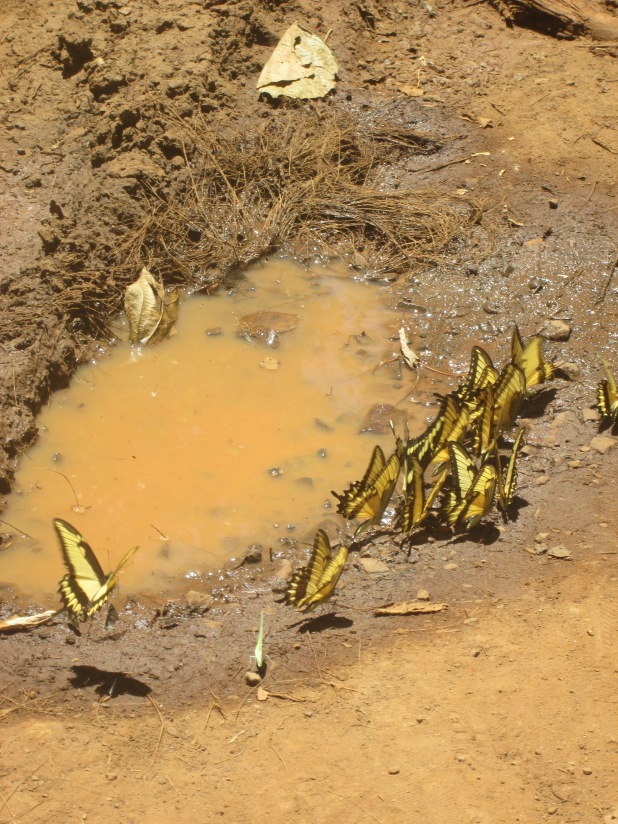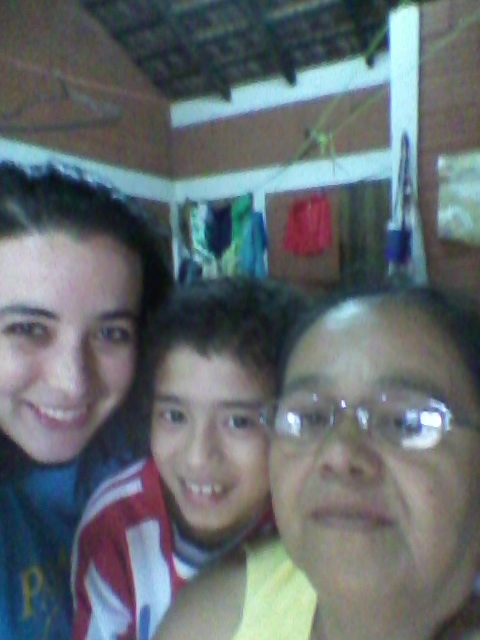The collective culture of Paraguay lends itself to a different approach to money from that in the individualistic United States. In the US, each person is expected to earn their own money and only spend their money. Many families encourage their children to start working in high school, not exactly to contribute to the family, but more to ensure that those youth can buy or do what they want using their own hard-earned dollars. In the States when one goes out to a bar, he or she should be prepared to buy all their own drinks. Things are different in Paraguay.
Job opportunities are more limited in Paraguay than they are in most places in the US. This is one small reason why fewer youth work in Paraguay. But, more importantly, in Paraguay money earned is not entirely viewed as belonging to the person who earned it. While the earner is free to use part of their wages to buy things they want, they will also be expected to kick-back a large chunk to the family. Youth who have jobs will buy bread and meat for their parents. They’ll buy treats and snacks for their baby cousins. Older siblings who work might buy clothes for their younger siblings who still can’t have a job. Similarly, it is culturally acceptable for youth in middle class families to be financially dependant on their family well into their 20s. Most Paraguayans live with their parents, regardless of their employment status, until they are married.
In Paraguay, if something is bought by one person it is shared…or everyone chips-in to buy the item and they then share it. Beer is a good example. If one were to go to a party with a group of friends in the States, each of those people, who drinks, would have their own beer. In Paraguay, that same group would open one beer. Each person would take a sip and pass it around to the next person. Only outsiders would have their own, personal beer.
Money in the States is often viewed as the property of the individual. Each individual is not obliged or expected to give money to others. Meanwhile, in Paraguay wealth is seen as the result of family cooperation and individual earners are expected to contribute to the family pot.







